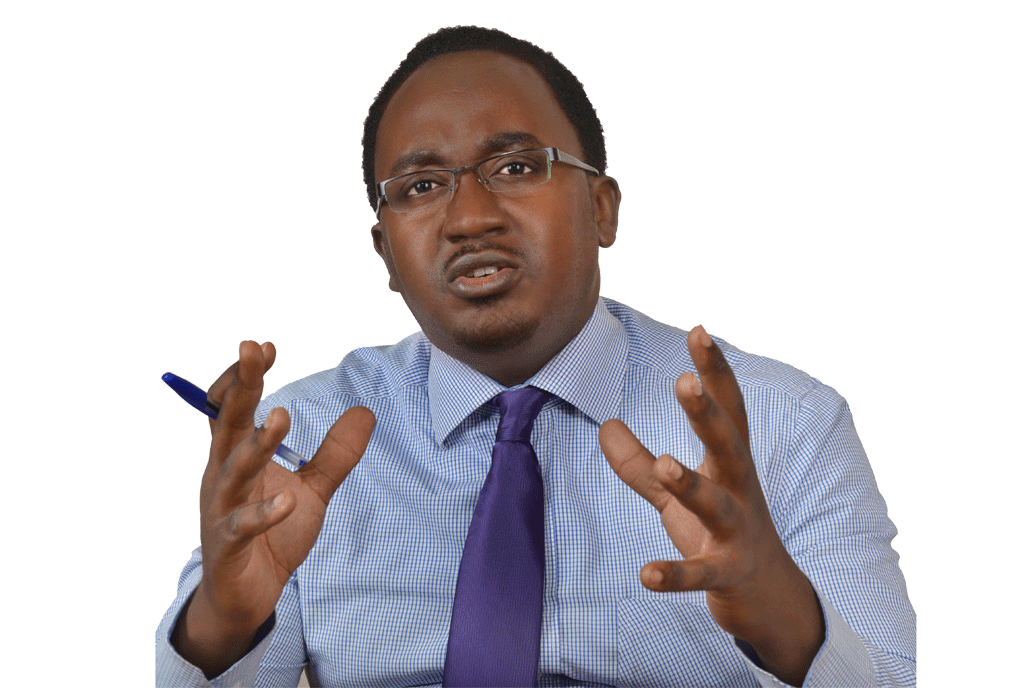Prime
Political parties should address our needs

Author: Crispin Kaheru. PHOTO/FILE
What you need to know:
- One cannot help but wonder why Africans were not left with economic entities such as...think tanks instead of political parties.
The emergence of political parties, in much of African was not a natural occurrence but a byproduct of colonial rule.
To the colonisers, the process was as simple and straightforward as painting by numbers: create various groups, dub them political parties, set them on a collision course, label it as competition, then watch the victor claim all the political spoils, ruling over the rest for a set term of four, five, or seven years. Rinse and repeat periodically. They termed this ferocious knockdown, drag-out fight as periodic elections.
Astonishingly, Africa has made scant effort to re-adapt this system to its unique reality. One cannot help but wonder why Africans were not left with economic entities such as chambers of commerce or development think tanks instead of political parties. Did someone assume Africans had no appetite for progress?
Political parties, as they stand today, not only felt foreign but also ran counter to how Africans traditionally organised themselves and pursued economic goals. At the dawn of independence, many parties were rooted in ethnic, regional, or religious identities. This starkly contrasted with Africa’s historical focus on socio-economic emancipation through flexible production systems, barter arrangements, and measures for food security. The primary limitation then was the lack of advanced technology and modern machinery for large-scale transformation, compounded with diseases like malaria and sleeping sickness that afflicted humans and livestock.
In the context of decolonising Africa, political parties appeared like a square peg in a round hole, ill-suited for the prevailing circumstances and aspirations of the time. Africa needed, and continues to need institutions that can act as the engines of socio-economic transformation rather than harbours of political hegemony.
Given that political parties often fall short of their intended goals, many do not survive beyond their 20th anniversary. Those that manage to persist often do so superficially, devoid of the substance and oomph of their early years. This decline is a widespread phenomenon. Consider the Convention People’s Party that steered Ghana to independence; where does it stand today? What about the Kenya African National Union (KANU) or the National Umma Party of Sudan? These are more or less mere shadows of their former selves.
Even the political parties that emerged after the ‘traditional independence parties’ face numerous internal and external challenges. They suffer from institutional weaknesses, a shortage of loyal members, and recurring resource constraints. Parties in power frequently perceive financing political parties as a threat to their own dominance.
Another stumbling block for many parties is the absence of ideological clarity. They struggle when trying to articulate coherent policy positions, leading to the personalisation of politics. Rather than focus on robust institutional frameworks, these parties become mired in factionalism, division, and fail to expand their support base. In such a climate, social or economic movements seem even more appealing than elitist political parties.
In our context, political parties appeared doomed from the outset. We missed the boat when we did not rally around institutions designed to tackle our pressing socio-economic challenges. Here we are, at a crossroads, where it is adapt or die. Rather than fixating on political parties, Africa could choose to ride the wave of progress, and establish and support entities such as cooperatives, business associations, chambers of commerce, innovation and incubation hubs, think tanks, public-private partnerships, regional economic blocs, etc. Alternatively, we could breathe new life into parties, giving them a makeover that transforms them into entities that address the everyday socio-economic needs of the people.
As long as we do not adjust our governance structures to fit our circumstances, we will keep marking political independence without achieving genuine socio-economic freedom.
Mr Kaheru is a commissioner at Uganda Human Rights Commission.


